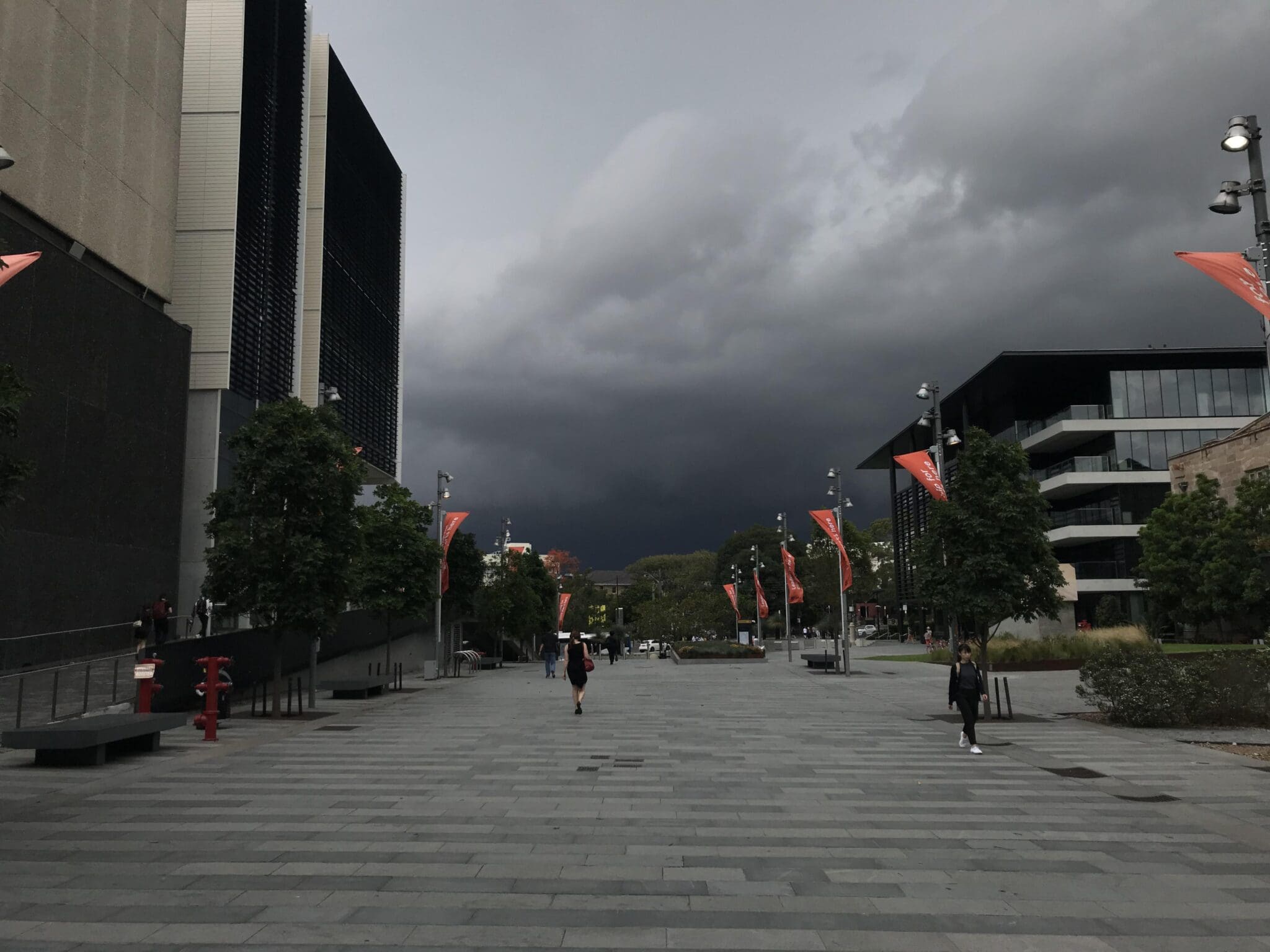Denied access to paid sick leave, casual academic staff on precarious incomes at universities across the country are often faced with the choice to forfeit their pay or teach while ill, sometimes from a hospital bed.
Last week, this was the case for a casual academic in the Faculty of Arts and Social Sciences at the University of Sydney, who taught from hospital after developing pericarditis — an illness which is life-threatening if left untreated.
The academic, who did not wish to be identified, described the pain as so intense he felt like he “had been hit by a car.”
“Still in pain and still finding it difficult to speak, I decided that I would go ahead with teaching from hospital, complete with tubes coming out of me,” he said.
“With the attacks by University management to my already meagre income, a week’s pay was not something I could afford to lose.”
Casual staff are paid at a piece rate, where payment is tied to the number of tutorials taught and assessments marked. Universities estimate the amount of time to complete each piece, though casuals have said this model is exploitative and leads to wage theft.
“If we are too sick to do the preparation or the class, we do not get paid. If we are too sick to teach, we do not get paid. For casuals, if it is a choice between paying rent that week or not working while sick, we will choose to be able to pay rent almost every time,” a spokesperson for the USyd Casuals Network said.
While there is a clause in the Enterprise Agreement which says casuals are eligible to make a claim to be paid for other work even if they miss the face-to-face component due to illness, casuals have said that none of them have received partial payment or even knew it existed.
“The failure to communicate or enforce this clause is a glaring omission on the University’s part and I would say it is unlikely that this is merely an oversight given management’s track record of obfuscating our payment conditions in order to engage in more wage theft,” the casual FASS academic told Honi, suggesting that the NTEU should be more closely looking out for its casual members.
A University spokesperson told Honi that “this provision ensures casual staff are paid for work that has been completed; it is not ‘sick pay’, or payment for non-attendance.” Casuals can file the claim by putting it in a timesheet to be processed by the supervisor, the spokesperson said.
A tweet with almost 600 likes and over 100 retweets has drawn attention to the casual FASS academic’s situation, attracting replies from others who have had similar experiences. This started a conversation about systemic exploitation in universities across the country.
Casuals have even brought the inequity of sick pay to Parliament. At a 13 April Senate Select Committee, a casual academic at the University of Newcastle, Dr Elizabeth Adamczyk, said that she was hospitalised during the teaching of a course she was solely responsible for delivering and faced a serious loss in income, while struggling to navigate finding a replacement.
Similarly, Morgan Jones, a casual at the University of Melbourne, lost months of pay while recovering from a bad back injury that ensued from being overworked.
“Whichever choice we make, we lose. The tutors lose, the students lose, and the only ones who gain from this arrangement are the villainous senior management group who have never had to balance on such a knife’s-edge of income precarity,” the casual FASS academic said.
Emphasising that this is not an anomaly, he said: “It is, like most of our suffering, by design — part of the university business model — where the responsibility for such a scandalous state of affairs lies squarely at the feet of managers.”
The USyd Casuals Network spokesperson said that this poses a health risk to staff and students: “The refusal of management to pay sick leave for casuals, a year into the global pandemic, is shocking. One of the first lessons of the pandemic is that there should not be any disincentive for staff to stay home and isolate when sick. [This] is precisely such a disincentive.”
“The University of Sydney management care very little about the health and safety of staff and students if it means a marginal increase to their cost-base.”
If you are a staff member and would like to share your experiences, email us at editors@honisoit.com.





